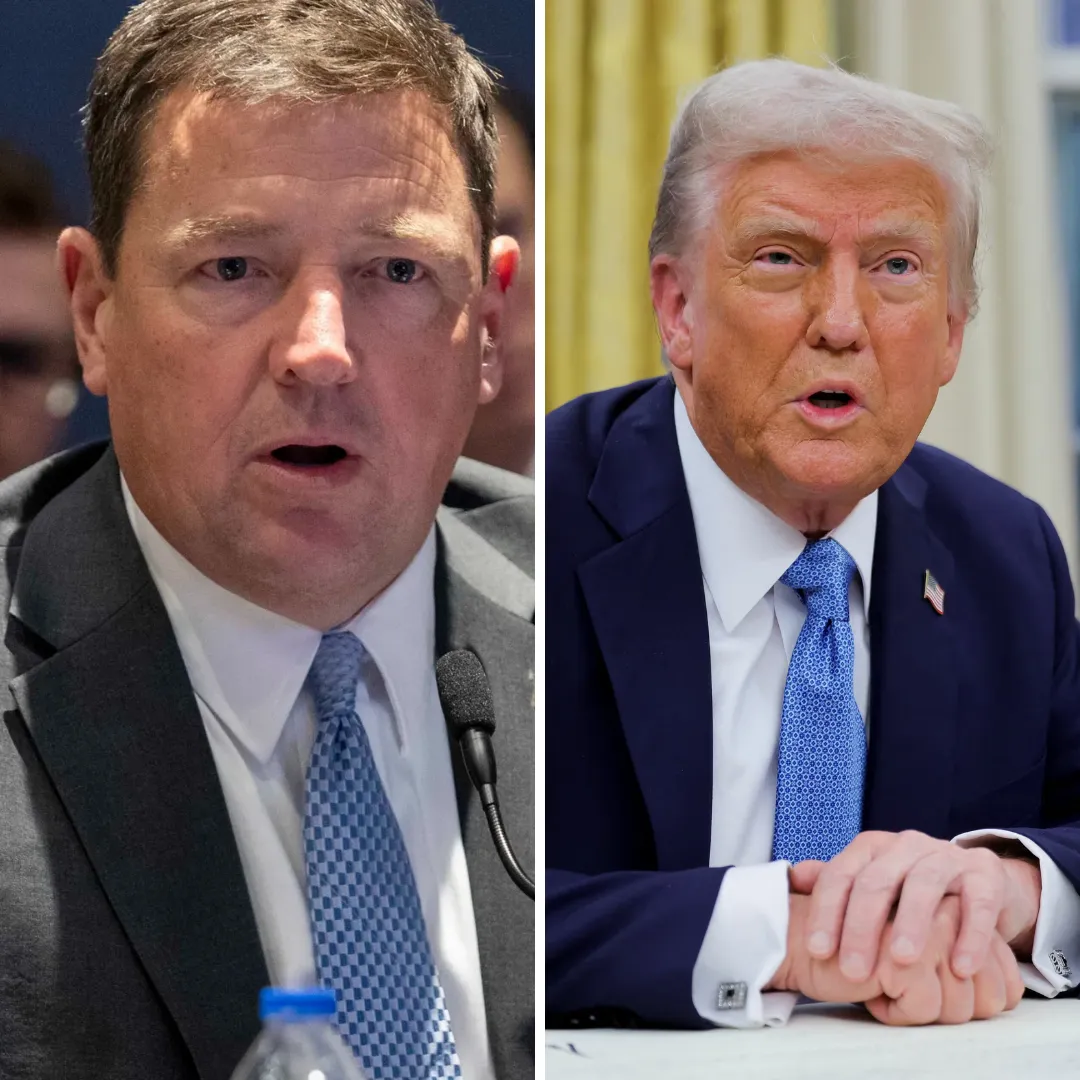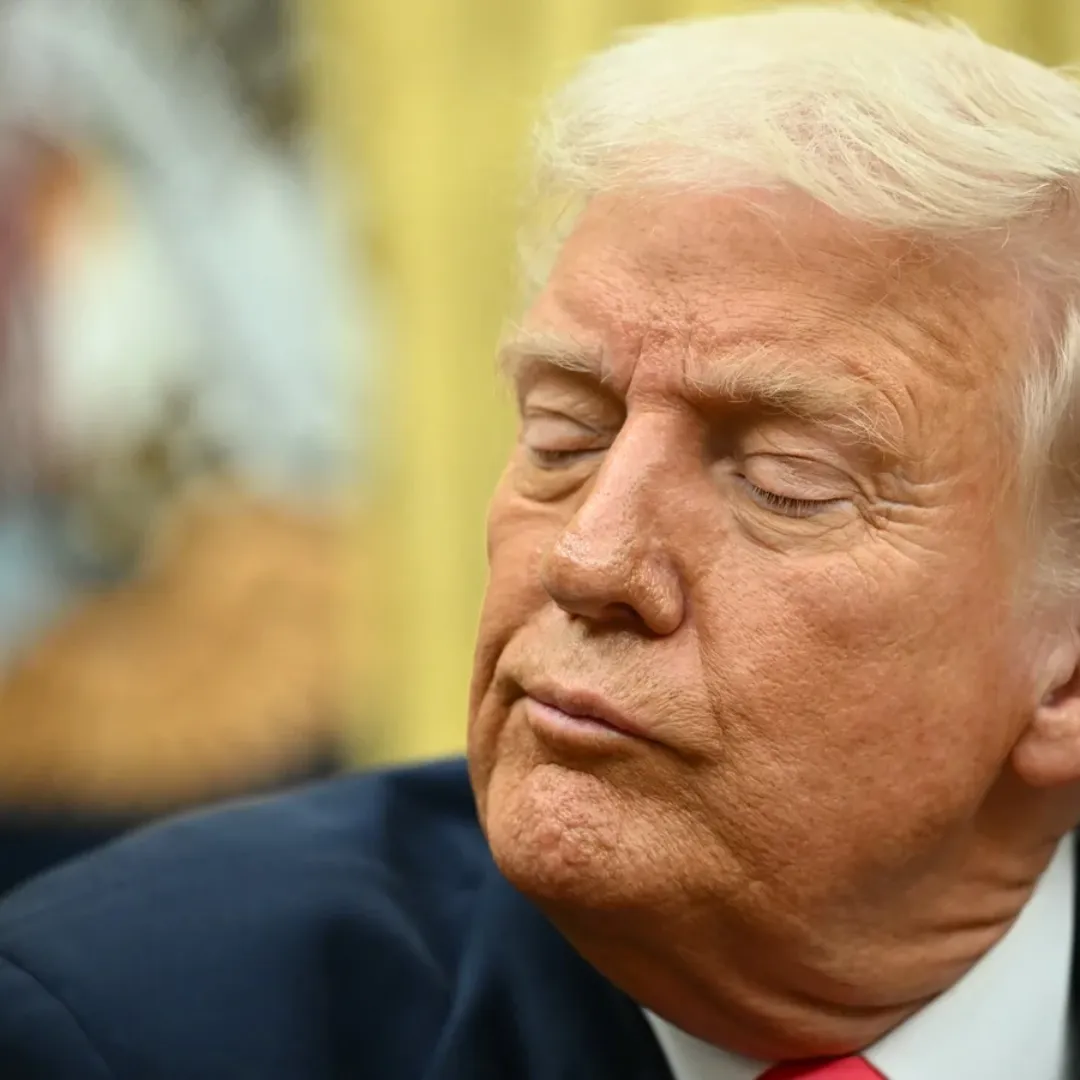Former national security adviser John Bolton said Thursday that President Donald Trump’s decision to place Senator Marco Rubio in a dual role as secretary of state and interim national security adviser was “absolutely bizarre” and indicative of a deeper lack of planning inside the administration.
Bolton, speaking during a CNN interview, said the move suggests the White House is not operating with any coherent foreign policy framework.
“An organized White House would announce the successor immediately,” Bolton said. “And the fact that they didn’t have a successor showed they weren’t ready to make the announcement and to have Marco Rubio serve on an interim basis is just absolutely bizarre.”
The comments come one day after Trump announced that he was removing Mike Waltz from his role as national security adviser and nominating him to become the United States ambassador to the United Nations. Waltz, a former Republican member of Congress, will require Senate confirmation before officially assuming that position.
In a post on Truth Social Thursday evening, Trump stated that Rubio would step into the national security role in the interim while retaining his duties as secretary of state. This marks the first time since Henry Kissinger in the 1970s that a single official will simultaneously occupy the nation’s top diplomatic and top security roles.
The abrupt reshuffling of Trump’s national security leadership, particularly after months of internal turmoil and leaked communications, has drawn scrutiny from across Washington.
While some administration officials have described Rubio’s appointment as a temporary but stabilizing move, others say it reflects a White House still reeling from fallout tied to the controversial Signal group chat scandal.
That scandal centered around Waltz’s accidental inclusion of a journalist in a private group message thread with top security officials. The group had been discussing sensitive plans involving U.S. military action in the Middle East, and the error raised serious concerns about the administration’s operational discipline.

Bolton, who once held both the national security adviser and UN ambassador posts during his own time in government, argued that Trump’s decision to consolidate power in Rubio’s hands points not to strategic calculation but to political panic.
“People say with great confidence, ‘Oh, well, you know, Waltz wasn’t in tune with the president and that’s why he had to go.’ Well, who hired Waltz?” Bolton said. “Who knows who’s in tune with the president better than the president?”
He continued, “This shows Trump has no philosophy, no national security strategy, doesn’t do policy.”
According to Bolton, Waltz was brought in not because of his policy experience but because Trump expected loyalty. When Waltz’s handling of the Signal group chat became a political liability, that loyalty was no longer enough to protect him.
“And when Waltz exposed Trump to political liability because of the Signal group chat, that was all Trump needed,” Bolton said. “That was not sufficient fealty — that’s what the cause of the departure is.”
The Signal incident, in which the editor of The Atlantic was mistakenly added to a discussion about airstrikes on Houthi rebels in Yemen, forced the administration into damage control mode. Waltz, despite his policy alignment with Trump on many key issues, became a symbol of sloppiness in a White House that prides itself on strength and discipline.
With Rubio now stepping in to oversee both the diplomatic and national security portfolios, questions are mounting about whether the administration is leaning too heavily on a single voice in an area that typically requires deep internal coordination and checks and balances.
According to reporting from Politico, Rubio is expected to retain both titles for at least six months. Three senior White House officials confirmed to the outlet that no immediate search for a permanent national security adviser is underway, with Trump instead opting to allow Rubio to fill both roles until further notice.
For Bolton, that decision adds to the impression that the administration is acting without clear long-term planning. He emphasized that even in past administrations that valued loyalty, there was still an understanding that major foreign policy roles required independent and capable leadership.
“Rubio’s smart, no doubt, but doubling up these jobs is an incredible ask,” Bolton said. “This isn’t just a scheduling issue — it’s a national security issue.”
Critics of the decision argue that such a consolidation of power could lead to groupthink or oversights in policy debates. Traditionally, the national security adviser serves as a liaison between the president and the various military, diplomatic, and intelligence agencies, while the secretary of state leads U.S. foreign policy abroad. Blending the two roles, they say, removes a layer of internal dialogue that is vital during times of crisis.
Others point to the Kissinger era as proof that such an arrangement can work, though the political and geopolitical context of that period was vastly different. The decision to have Kissinger serve as both national security adviser and secretary of state was made during the Cold War, under a president facing intense scrutiny and internal divisions. Some fear history may be repeating itself.
While the White House has not commented extensively on Bolton’s critique, aides have dismissed concerns about the dual role, describing Rubio as uniquely qualified. They point to his existing rapport with the president and his track record in the Senate, where he served on the Foreign Relations and Intelligence Committees, as indicators of his preparedness.
Privately, some administration insiders have acknowledged that the transition has been messy. One official, speaking on background, said, “We knew the Waltz situation was becoming a problem. The chat leak made it worse. But this isn’t about loyalty alone — Rubio gives the president someone he trusts and respects to take the wheel for a while.”
Still, Bolton’s assessment is likely to resonate with critics who have long accused Trump of favoring loyalty over competence and improvisation over planning. For them, the continued churn in national security positions reflects an administration that often prizes spectacle over substance.
With the Senate now preparing for Waltz’s confirmation hearings, attention is also turning to how the White House will manage foreign policy in the months ahead. Key challenges remain, including escalating tensions in the Middle East, renewed threats from North Korea, and continued instability in Eastern Europe.

As Rubio prepares to oversee both the State Department and the National Security Council, the administration’s decisions in these areas will face even more scrutiny. And as Bolton noted, the structure and cohesion of the team may play a role in how those decisions are perceived — both at home and abroad.
For now, Rubio is being asked to take on a role few in modern American history have held. Whether that makes the administration more streamlined or more vulnerable is a question that will unfold in real time. Bolton, for his part, believes the implications are already clear.
“There’s no strategy here,” he said. “Just reaction.”





